Sometimes your subclass comes with a little bit of a built-in plot. When you want the spotlight, these storyful subclasses are great!
D&D is a game of social interaction and rolling dice and getting excited when big number, and sad/scared when small number. And we love that. At its core, we love the excitement, we love the character, we love leveling up. And depending on the kind of player you are, you might love taking up some time in the spotlight.
No shade meant, there. I say this as someone who loves the opportunity to take centerstage in the game – for a little while – no one character should be the center of attention all the time. But it’s also true that some subclasses come with a bit of a built-in “hey put the spotlight on me” or if you prefer, a subclass with an inherent plot to it.
This is nothing new to D&D. Characters like this have been around since they first added Paladins and Bards way back when. But now, there are some subclasses that suggest how to take the spotlight and what to do while in it. And of course, any character can take the spotlight, no matter what class/subclass they’re playing. It’s just that these come with some guidelines built in for doing that.
Zealot Barbarian
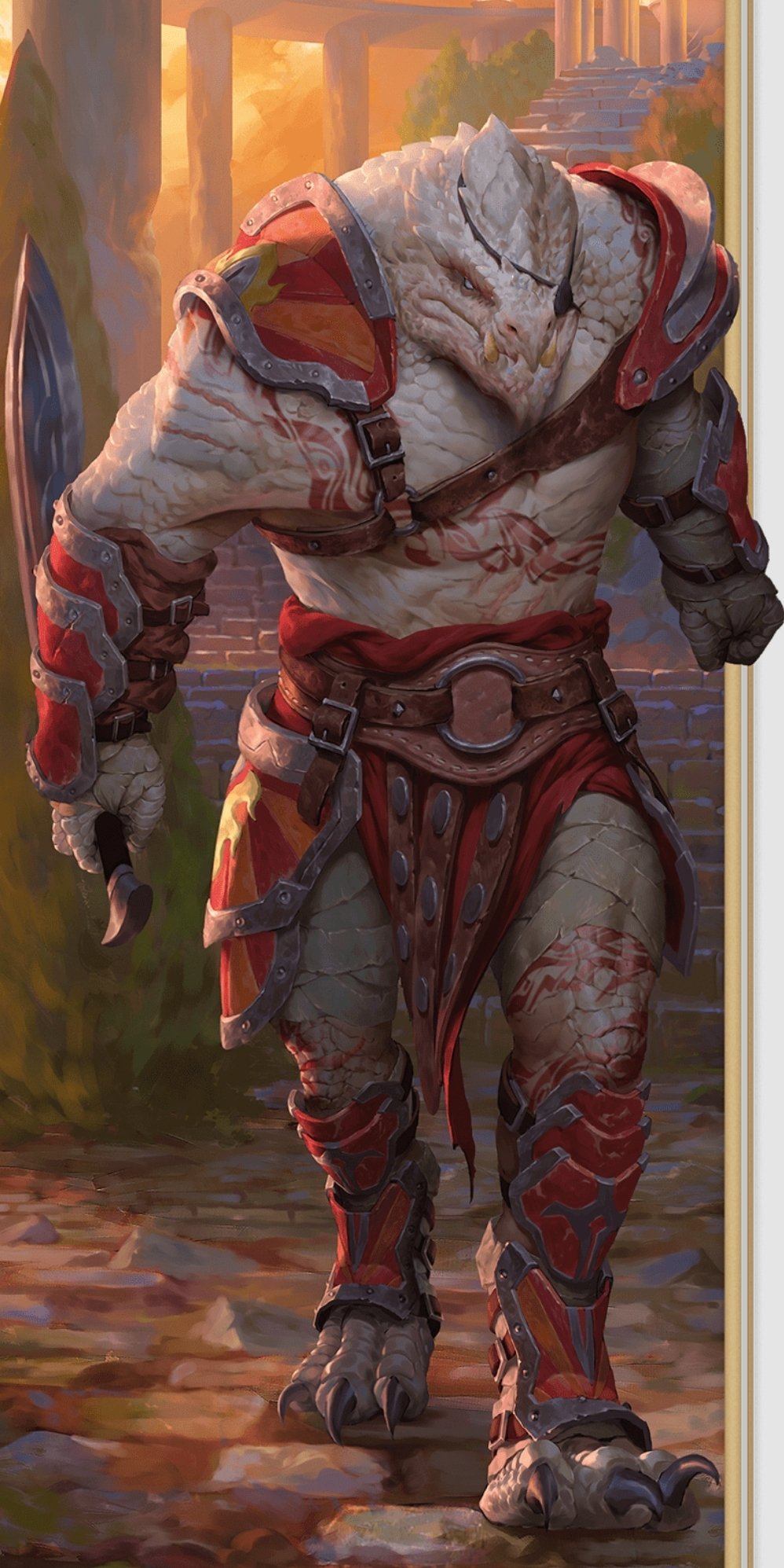
Barbarians who follow the Path of the Zealot come with a very strong built-in plot. That is, they rage “in communion” with a god. Or a whole pantheon in some cases. Rages are ecstatic episodes of divine unions that infuse them with power – it’s literary aristeia, if you wanna be a nerd about it.
And that comes with built-in spotlight guidelines. Many classes are all about one of the many gods of D&D, but Zealot Barbarians, especially embody a sort of divine presence in the world. They are agents in unusual ways that tend to act a bit more directly, shall we say.
If there’s one thing DMs love to do, it’s work in stuff with the gods of their world/setting. Even if it’s Faerun, it’s just one of those classic fantasy story levers that hearkens back to mythology. And the Zealot’s abilities lend themselves well to being the center of a fight, too. It helps that you have extra damage, that you can reroll saves – there’s a lot of big “hero moments” built into the mechanics of the class.
Oath of Devotion Paladin
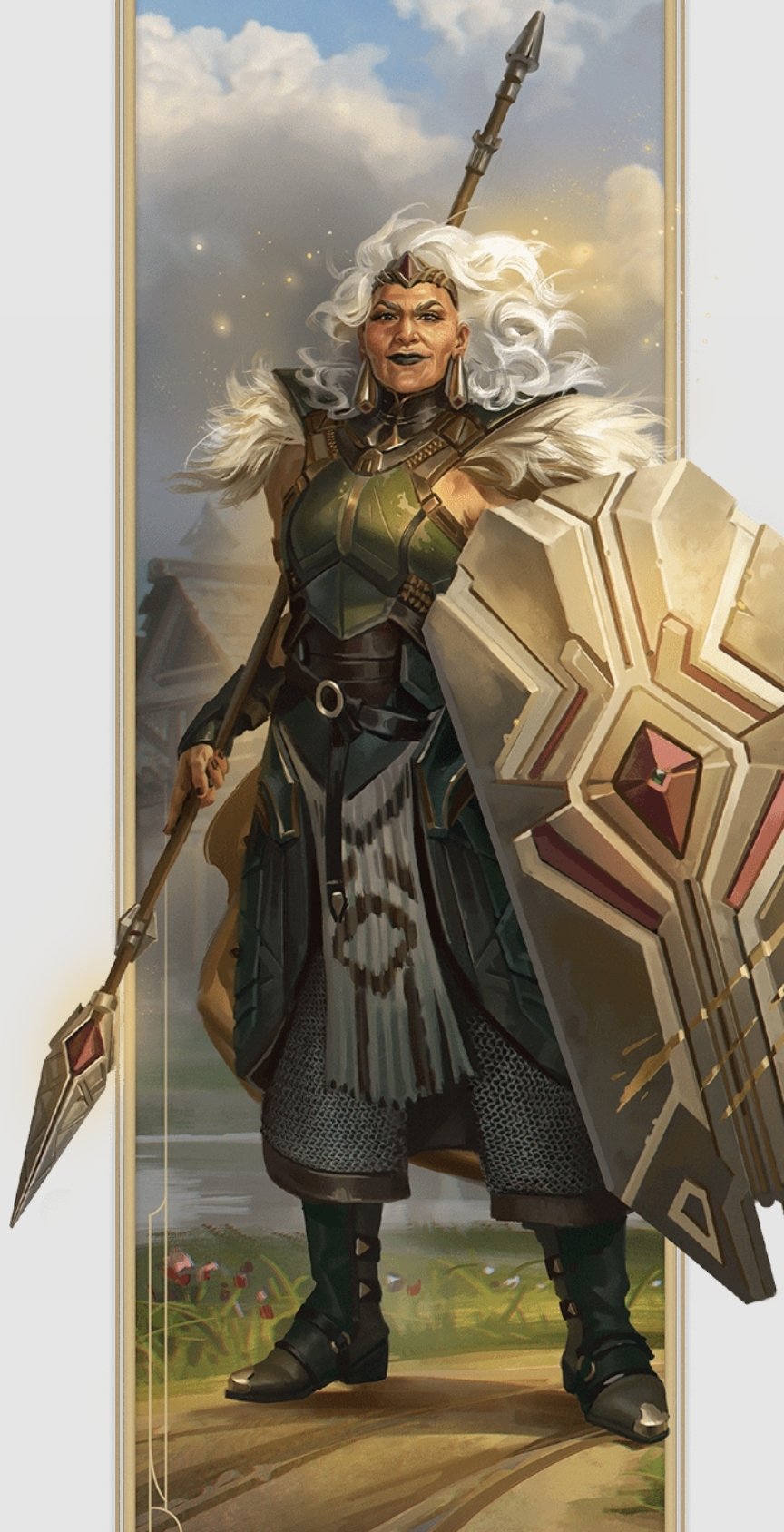
Speaking of Hero Moments, the Oath of Devotion Paladin is all about finding ways to be heroic. These are the classic Paladins. The ones who champion the weak – they fight to protect those who can’t stand up for themselves. They bring succor to the needy and let their honorable deeds serve as an example.
They’re the living incarnation of Regé-Jean Page’s note perfect Paladin from Honor Among Thieves. And their oath to protect the weak, coupled with healing abilities and protection spells make them perfectly suited to being a light in the darkness (and a big dang hero when it comes time to take the spotlight).
Diviner Wizard
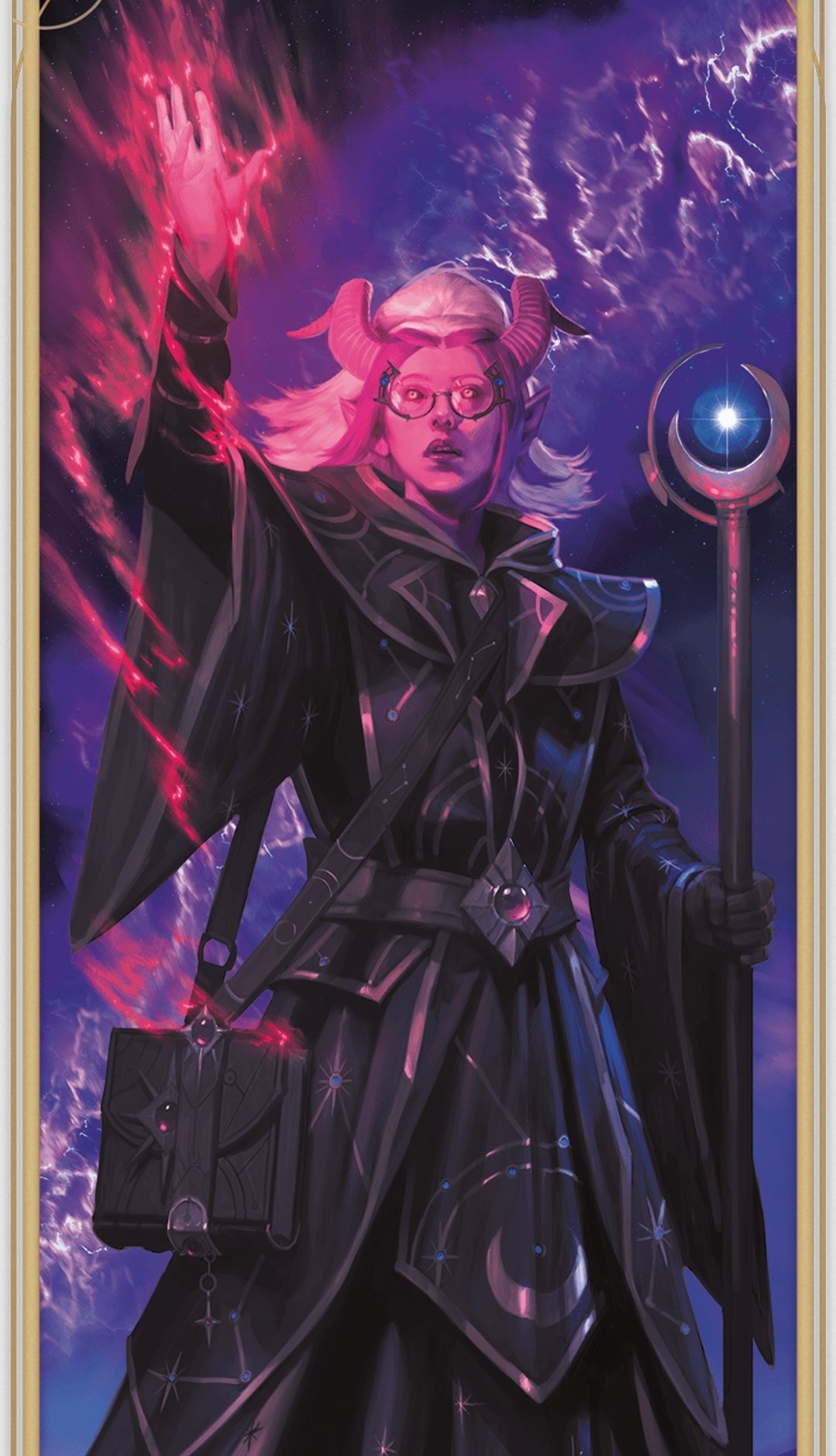
In my gaming group, there was a saying of “I’ll jump on the plot grenade” – which meant being the one to fall for the DM’s story hooks. Sometimes it meant taking one for the team by asking the mhysterious old man in robes what he needed help with. Or any of the other myriad things a reasonable DM might do to try and coax a group of PCs into having an adventure (which they want to do already! but is surprisingly hard to make them do).
Diviner Wizards are built for this. Their whole class deal is about having visions of the future. And “character with prophetic visions” is a fantasy archetype that DMs have a very hard time resisting. How many times have you ever had a weird dream while in the middle of an adventure? Now imagine that your whole character is all about getting prophetic omens. You can even ask the DM “hey do I have any portents about this?” or cast one of your many spells that lets you do that with mechanical benefit.
And then it’s easy to step into the spotlight to deliver the cryptic message, or dire warning. After all, it’s up to you to let people know that the sands of time have run out…
Oath of Glory Paladin
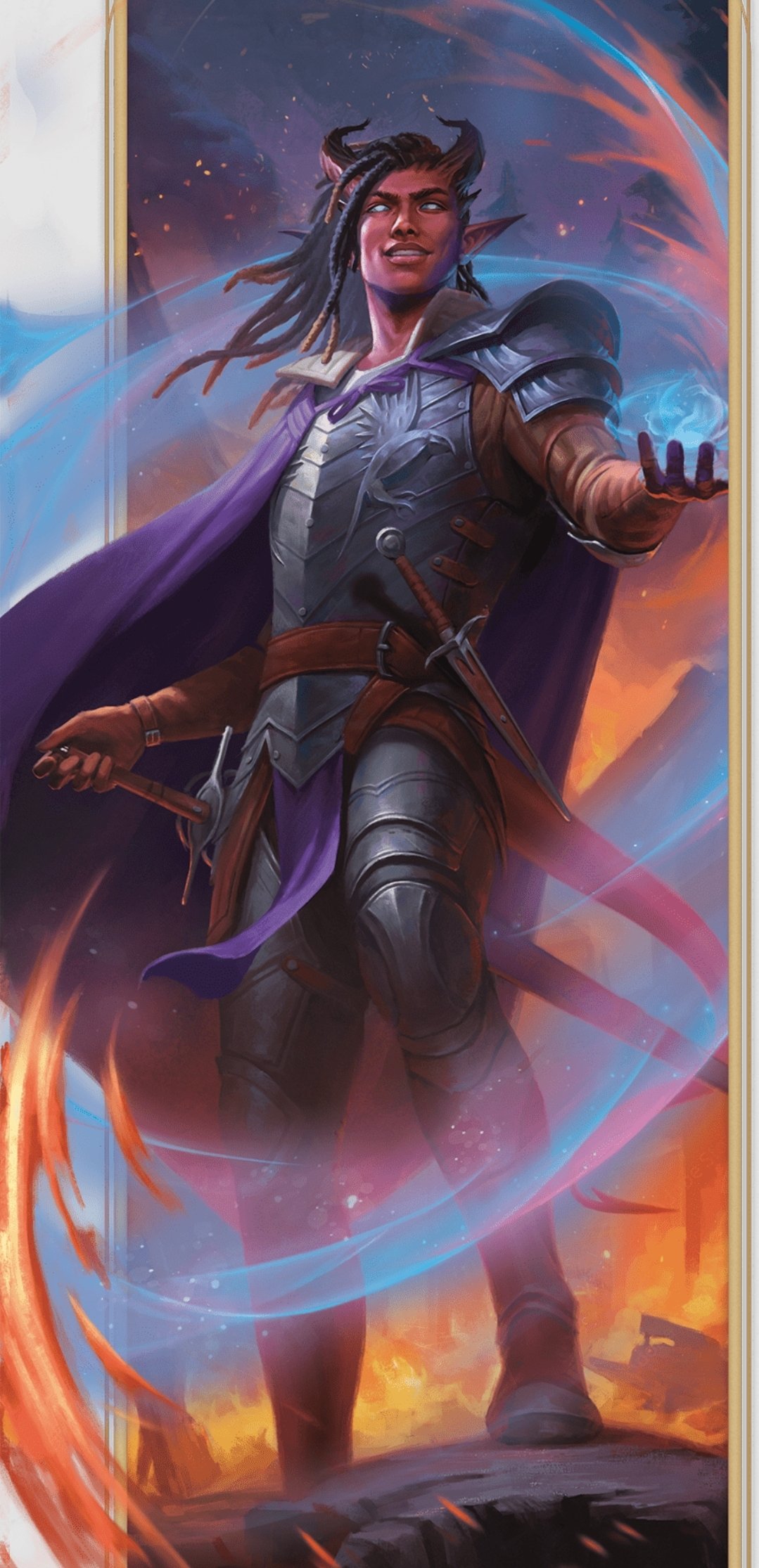
There’s a reason Paladins are on this list twice. They have big main character energy. And if you want the spotlight, the Oath of Glory is all about stepping up to the spotlight and doing cool things while in it.
It’s built right in to the core tenets of the Oath: endeavor to be known by your deeds, face hardships with courage, inspire others to strive for glory. So whenever the spotlight comes aorund to you, you can use your built-in plot of “do inspiring/amazing things” and fulfil your Oath and maybe even bring some friends into the limelight with you.
College of Glamour Bard
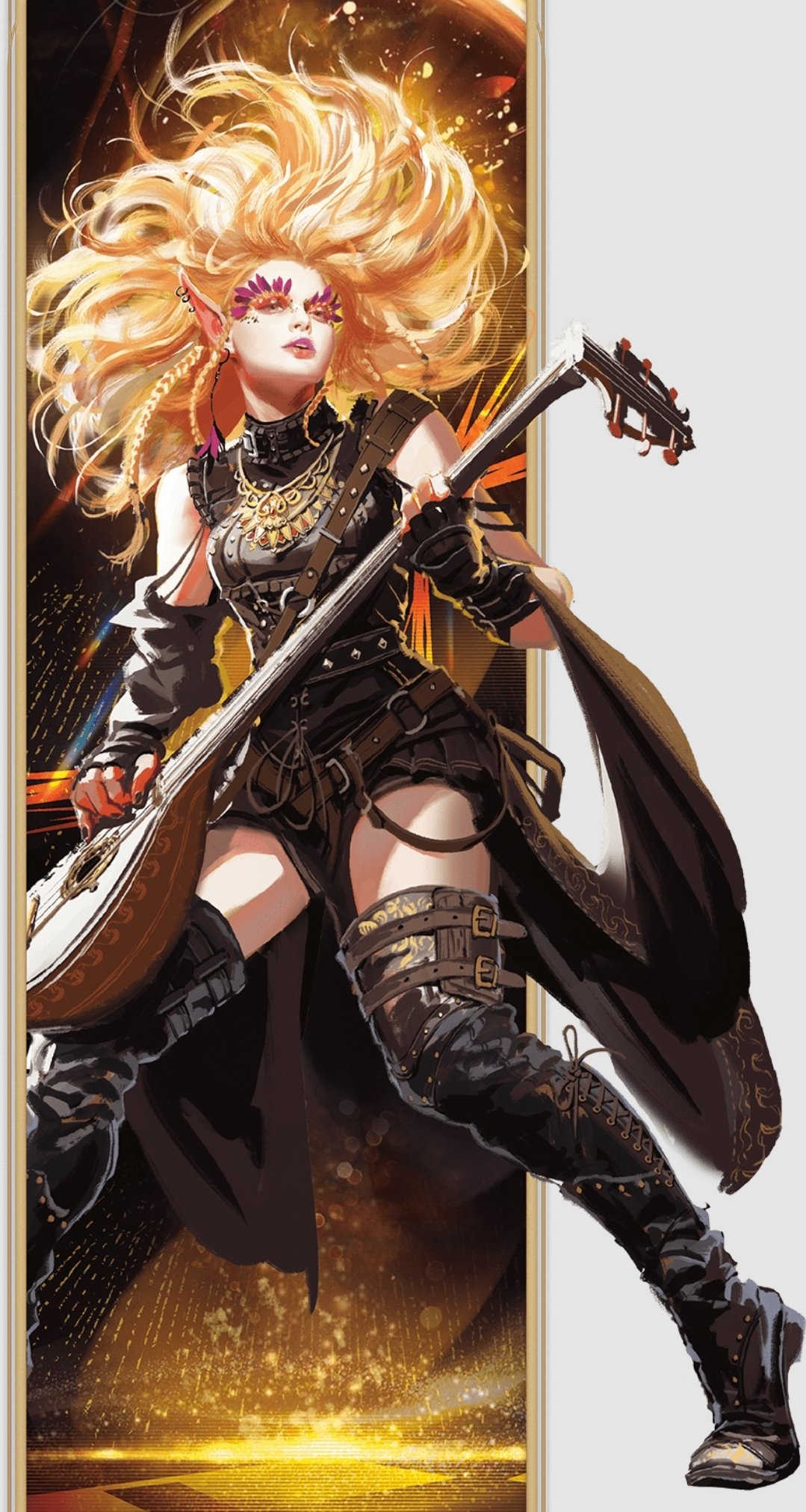
Finally, there’s the College of Glamour Bard. These Bards are all about rocking out. They are sheer forces of Charisma. So enchanting that even the Feywild’s folk may be enthralled by their moving music. These are characters built to take the stage with commanding presence.
And they really shine in social interactions. This is a great Bard option to be when wanting to play as the party Face. This means you get to do talking – and because the Glamour Bard is so supernaturally good, you can move even demons and devils to tears. That’s some Orpheus level hijinks right there.
Happy adventuring!
Subscribe to our newsletter!
Get Tabletop, RPG & Pop Culture news delivered directly to your inbox.
Don’t Miss:
Read more at this site
